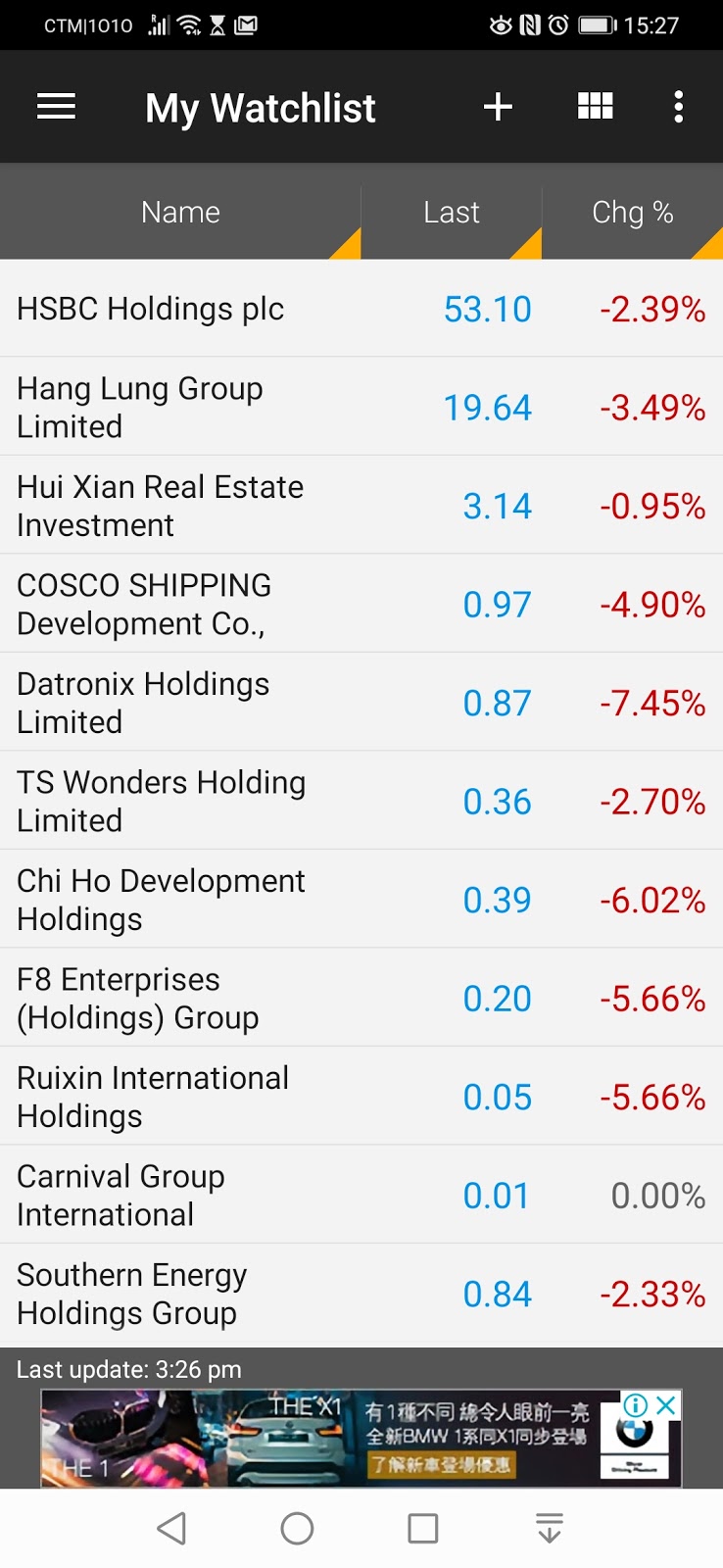The Sum Must Be Greater Than Its Parts Put Together
Perhaps another way to look at open sourcing is that it is simply the far end of outsourcing. As it is economically sensible for a company to outsource a part of its operation which can be done cheaper and better by outsiders, with the information cost significantly coming down in our e-age, it is obvious that the scope for outsourcing will only expand. Now open sourcing is seemingly bringing this evolutionary phenomenon to a new horizon.
But it also brings fresh challenges to conventional corporate management. For those who resist it, open sourcing is seen as the vice which deprives profit opportunities off the traditional process of proprietary development in new products - Wikipedia is no doubt resented by Encyclopedia Britannica. Even for those who embrace it, the challenge lies in the collaboration process with the open community, where it is entirely flat without any hierarchical structure for problem-solving. It's all spontaneous out there with an abundance of individual minds working their individual ways out. More critically, once it's out there, the playing field is level with the information readily accessible by everyone in the open community. The challenge is how to aggregate and capture the value back from the open community for further proprietary adding on. People at Linux and IBM no doubt know the trick best.
Of course not every product can be developed by way of open sourcing. Indeed it's hard to imagine anything beyond the product of information which can be readily open-sourced in its pure sense, ie, by way of aggregating mass collective wisdom. But even short of the feasibility for open-sourcing, outsourcing can be taken very far today, with most parts going into a final product all supplied externally - just take an aircraft as example. The challenge of ensuring the parts fit in well with each other and, even more critically, the sum is greater than the parts put together, remains one of collaboration more than anything else. Again thinking of the aircraft example but without getting too technical, the costly delay of the delivery of A380 resulted primarily from the damaging problem of some wiring "misfit".
In terms of demand, therefore, it is sensible to perceive the contemporary era as one of collaboration more so than one of expertise. There is generally no shortage of specialized skills in the economies. The challenge is always about putting the pieces together, more so with a business becoming increasingly knowledge-based. In this light, it is soothing for a corporate executive to think and believe that general management will always play a key role in adding value to a business, by way of synergizing the output from the variety of specialists coming together.
But it also brings fresh challenges to conventional corporate management. For those who resist it, open sourcing is seen as the vice which deprives profit opportunities off the traditional process of proprietary development in new products - Wikipedia is no doubt resented by Encyclopedia Britannica. Even for those who embrace it, the challenge lies in the collaboration process with the open community, where it is entirely flat without any hierarchical structure for problem-solving. It's all spontaneous out there with an abundance of individual minds working their individual ways out. More critically, once it's out there, the playing field is level with the information readily accessible by everyone in the open community. The challenge is how to aggregate and capture the value back from the open community for further proprietary adding on. People at Linux and IBM no doubt know the trick best.
Of course not every product can be developed by way of open sourcing. Indeed it's hard to imagine anything beyond the product of information which can be readily open-sourced in its pure sense, ie, by way of aggregating mass collective wisdom. But even short of the feasibility for open-sourcing, outsourcing can be taken very far today, with most parts going into a final product all supplied externally - just take an aircraft as example. The challenge of ensuring the parts fit in well with each other and, even more critically, the sum is greater than the parts put together, remains one of collaboration more than anything else. Again thinking of the aircraft example but without getting too technical, the costly delay of the delivery of A380 resulted primarily from the damaging problem of some wiring "misfit".
In terms of demand, therefore, it is sensible to perceive the contemporary era as one of collaboration more so than one of expertise. There is generally no shortage of specialized skills in the economies. The challenge is always about putting the pieces together, more so with a business becoming increasingly knowledge-based. In this light, it is soothing for a corporate executive to think and believe that general management will always play a key role in adding value to a business, by way of synergizing the output from the variety of specialists coming together.



Comments
they have less control and less features.
shift to next generation blog service which provide free websites for
your blog at free of cost.
get fully controllable (yourname.com)and more features like
forums,wiki,CMS and email services for your blog and many more free
services.
hundreds reported 300% increase in the blog traffic and revenue
join next generation blogging services at www.hyperwebenable.com
regards
www.hyperwebenable.com